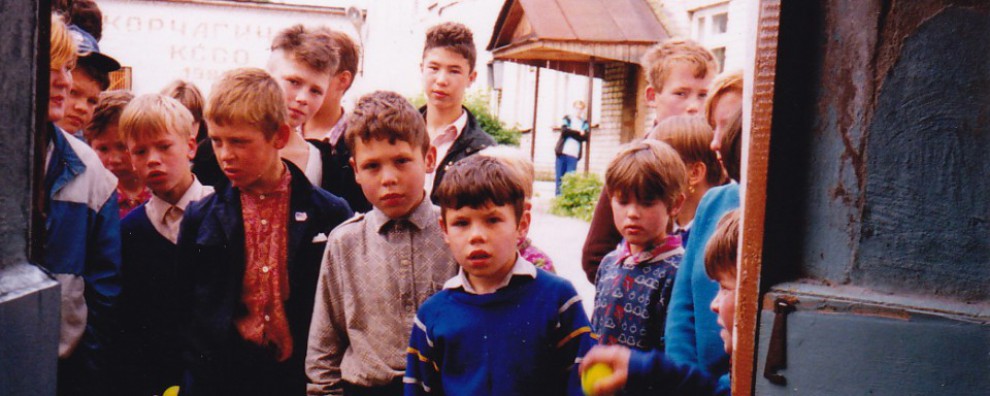For the final Friday of Women’s History Month 2022, here is a reading on Julia Child along with its attendant vocabulary-building and comprehension worksheet. Whatever one thinks of French cooking, which Ms. Child brought to American cuisine, she was by any measure an accomplished woman.
I confess ignorance where both French cooking and Ms. Child are concerned–my own palate, alas, is undeniably plebeian. In researching this post, I learned that she stood six feet, two inches tall; her height disqualified her from World War II service in the Women’s Army Corps (WACs) or the WAVES (Women Accepted for Volunteer Emergency Services). She joined the Office of Strategic Services (OSS), the precursor to today’s Central Intelligence Agency, where she worked directly with OSS founder General William J. (“Wild Bill”) Donovan. According to Ms. Child’s Wikipedia page, in her service to the OSS, she took on the task of solving the problem of curious sharks setting off underwater explosives placed by the OSS. She experimented with recipes that would serve as shark repellent; her method is still in use today.
If you find typos in these documents, I would appreciate a notification. And, as always, if you find this material useful in your practice, I would be grateful to hear what you think of it. I seek your peer review.

You must be logged in to post a comment.